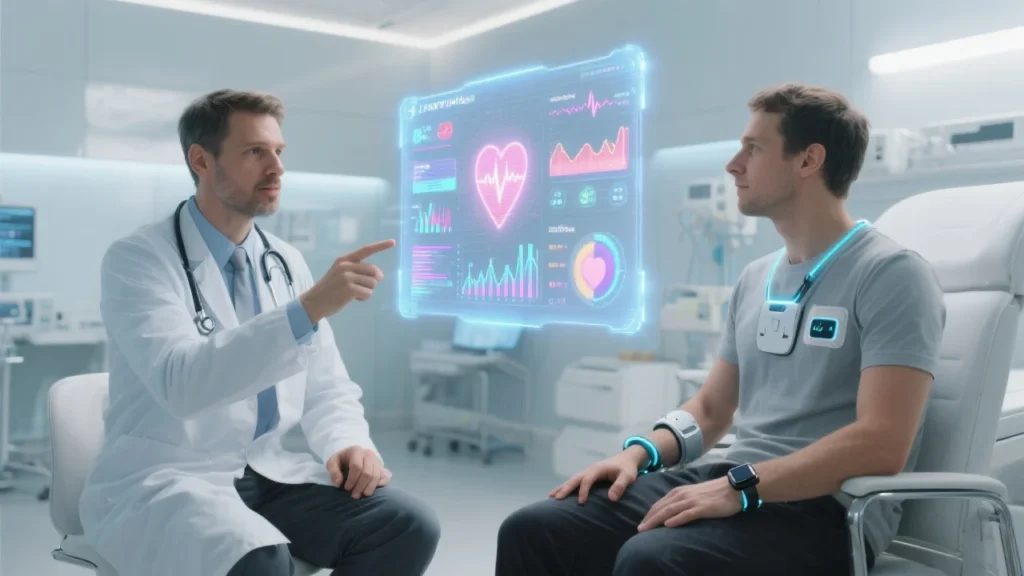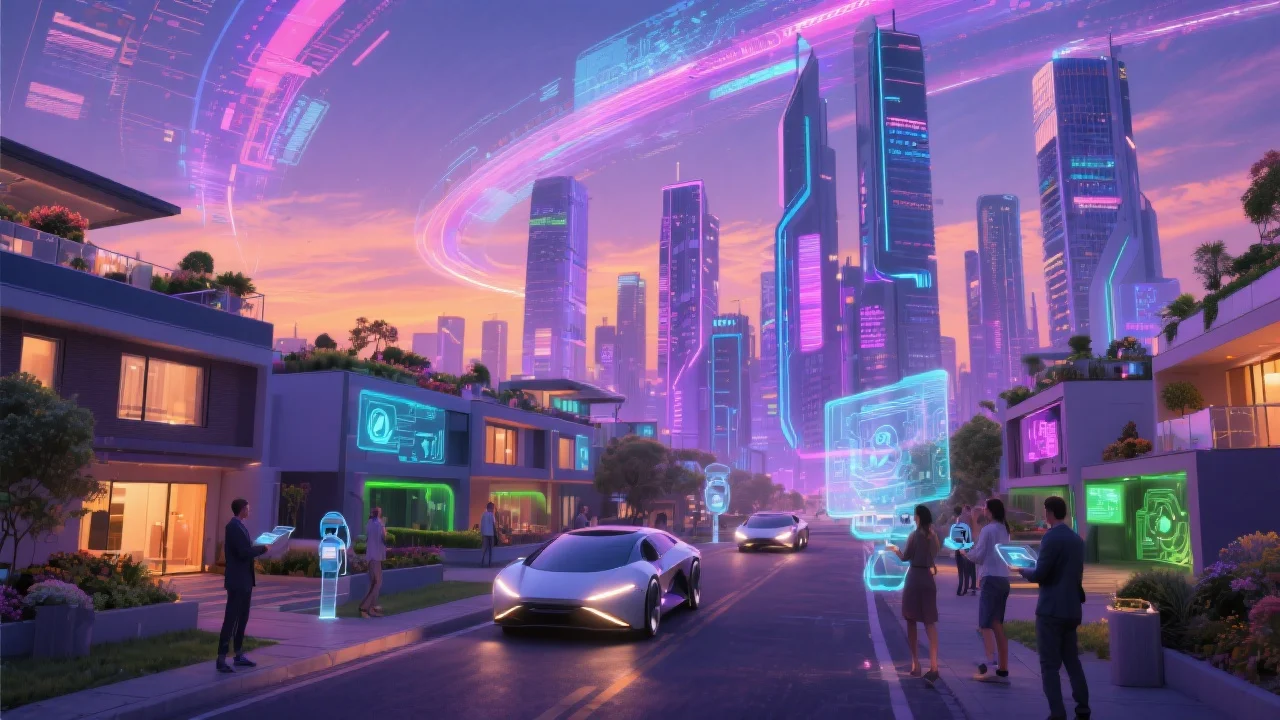Artificial Intelligence (AI) is rapidly transforming the way we live, work, and interact with the world around us. As technology continues to advance, the future of AI in everyday life promises to bring even more significant changes, making our daily routines more efficient, personalized, and intelligent.
Smarter Homes and Personal Assistants
AI-powered smart home devices are becoming increasingly prevalent, enabling users to control lighting, heating, security systems, and appliances via voice commands or smartphone apps. In the future, these systems will become more intuitive, learning from our habits and preferences to anticipate needs and automate tasks seamlessly. Personal assistants like Siri, Alexa, and Google Assistant will continue to evolve, understanding context better and engaging in more natural, meaningful conversations.
Healthcare Revolution
AI is poised to revolutionize healthcare by enhancing diagnostics, treatment plans, and patient monitoring. Machine learning algorithms can analyze vast amounts of medical data to detect diseases early, predict patient outcomes, and recommend personalized therapies. Wearable AI devices will monitor vital signs in real-time, alerting users and healthcare providers to potential health issues before they become critical.

Transportation and Mobility
Self-driving cars and AI-powered traffic management systems will transform transportation, making it safer and more efficient. Autonomous vehicles will reduce accidents caused by human error and optimize routes to decrease travel time and fuel consumption. AI will also facilitate the development of smart public transit systems that adapt to passenger demand and reduce congestion.
Education and Learning
AI will personalize education by tailoring learning experiences to individual students’ needs and learning styles. Intelligent tutoring systems can provide real-time feedback and adjust the difficulty of tasks to keep students engaged and challenged. Moreover, AI can assist educators by automating administrative tasks and providing insights into student performance.
Work and Productivity
In the workplace, AI will augment human capabilities by automating repetitive tasks, analyzing data, and generating insights. This will allow employees to focus on more creative and strategic activities. AI-driven tools will also enable better collaboration, communication, and decision-making across teams and organizations.
Ethical Considerations and Challenges
As AI becomes more integrated into daily life, addressing ethical concerns such as privacy, security, and bias is crucial. Ensuring transparency in AI algorithms and establishing regulations to protect users will be vital to building trust and maximizing the benefits of AI technologies.
Conclusion
The future of AI in everyday life holds immense potential to improve convenience, health, safety, education, and productivity. By embracing these advancements thoughtfully and responsibly, society can harness AI to create a smarter, more connected, and inclusive world.









